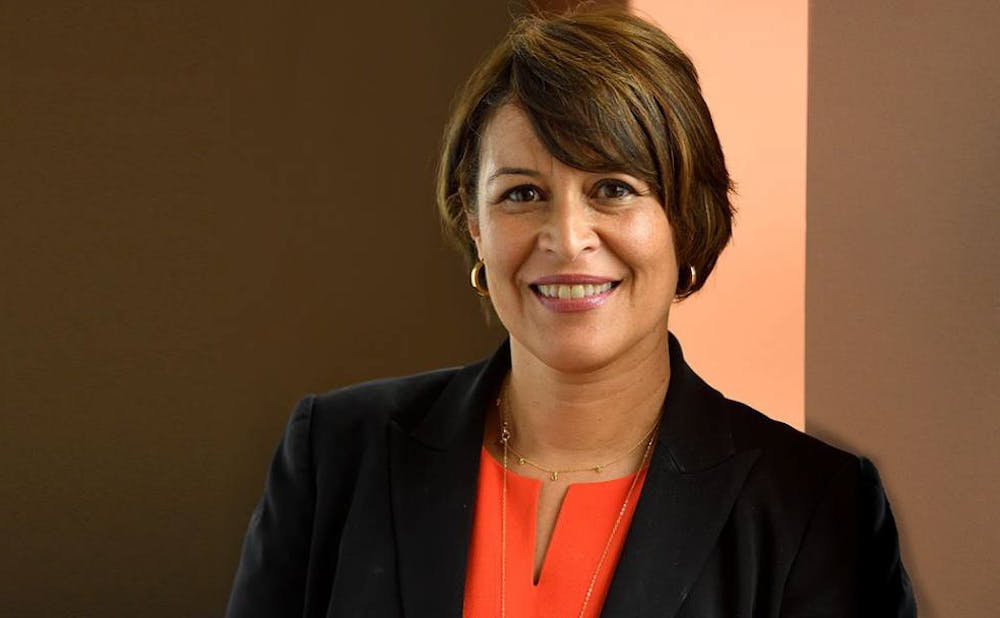Kimberly Hewitt will take over as Duke’s vice president for institutional equity, the University announced Monday.
Hewitt is coming from Johns Hopkins University, where she is the vice provost for institutional equity. According to the news release, she directs compliance with equal opportunity laws, is in charge of reporting efforts and helps the Health System there with compliance and diversity issues. She has served in that role since March 2017.
“I am thrilled about the opportunity to serve in this important role at Duke,” Hewitt said. “I look forward to deepening connections across the university and health system among those who are engaged in diversity work, and to building on the legacy of the Office for Institutional Equity to develop a vision for how we will move forward as a community.”
The Office for Institutional Equity focuses on handling complaints regarding harassment and discrimination, fostering Duke’s diversity and inclusion efforts and overseeing equal opportunity initiatives such as Title IX and affirmative action.
Ben Reese stepped down from the role at the end of the 2018-2019 academic year to pursue a lecturing fellowship in New Zealand. He joined the office in 1996, assumed the vice presidency in 2015 on an interim basis and was elevated to the position permanently a year later.
Before his time at the helm of OIE, Reese served as the office’s assistant vice president for cross-cultural relations and was named co-winner of Duke’s first Diversity Award for a diversity initiative at Perkins Library.
Reese told The Chronicle last year that the biggest change during his tenure with OIE has been the expansion of services from the undergraduate campus and graduate students to include the health system and professional schools as well.
In response to racist acts occurring on campus in April and August 2018, Reese explained that Duke must listen to its students.
“They live on our campus, they have a perspective that is critically important,” he said in September. “So in times like this it behooves us to listen more deeply to students, to think creatively about how we respond to their concerns and needs and, where appropriate, to enhance, review and modify policies.”
A renowned expert on implicit bias and a licensed psychologist, Reese also held an adjunct faculty position in the department of community and family medicine.
Get The Chronicle straight to your inbox
Sign up for our weekly newsletter. Cancel at any time.

